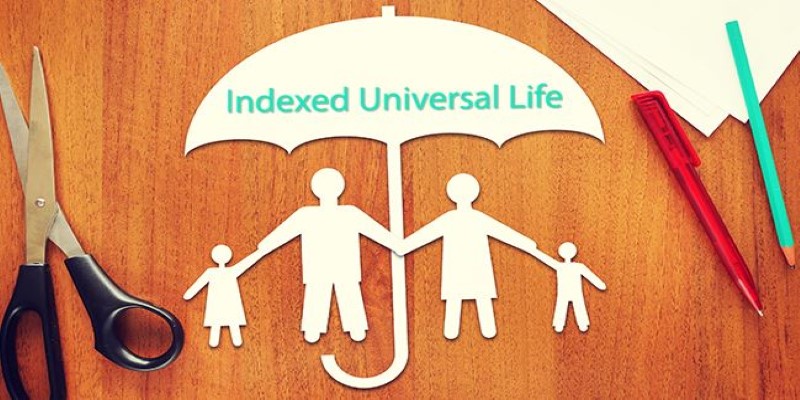Commercial health insurance is like a guardian angel in the realm of healthcare. It's what stands between you and potentially crippling medical bills. But what exactly is it? Let's break it down.
Commercial health insurance, in simple terms, is coverage you buy from a private company to help pay for medical expenses. It's not provided by the government (like Medicare or Medicaid) but rather by businesses or organizations, hence the term "commercial." This insurance comes in various shapes and sizes, tailored to different needs and budgets.
How Commercial Health Insurance Works?
Commercial health insurance operates on the principle of risk-sharing. When you purchase a health insurance plan, you pay a monthly premium to the insurance company. In return, the insurer agrees to cover a portion of your medical expenses according to the terms of the policy. Here's how it works in more detail:
Choosing a Plan
Before purchasing commercial health insurance, you'll need to evaluate your healthcare needs and budget. Consider factors such as your preferred doctors, prescription medications, and anticipated medical expenses. Based on this assessment, you can select a plan that best meets your requirements.
Paying Premiums
Once you've chosen a plan, you'll be required to pay monthly premiums to maintain coverage. Premium amounts vary depending on factors such as age, location, and the level of coverage selected. It's important to pay your premiums on time to avoid any lapses in coverage.
Accessing Care
When you need medical care, you'll typically visit a healthcare provider who is part of your insurance plan's network. Depending on your plan, you may need to obtain referrals from your primary care physician before seeing specialists. In emergency situations, you can seek treatment from any healthcare provider, regardless of network affiliation.
Coverage and Cost-Sharing
Your insurance plan will outline the services and treatments covered, as well as any out-of-pocket costs you are responsible for, such as deductibles, copayments, and coinsurance. These cost-sharing programs guarantee that you bear some of the financial burden of your medical bills while keeping rates reasonable.
Claims Process
When you receive medical services, your healthcare provider will submit a claim to your insurance company for reimbursement. The insurer will then review the claim to determine coverage and process payments accordingly. You may receive an explanation of benefits (EOB) detailing the services provided, the amount billed, and any payments made by your insurance company.
Appeals Process
If your insurance company denies coverage for a particular service or treatment, you have the right to appeal their decision. The appeals process allows you to present additional information or challenge the insurer's decision in order to secure coverage for the necessary medical care.
Types of Commercial Health Insurance
Here are some of the common types of commercial health insurance.
Health Maintenance Organizations (HMOs)
HMOs are like the gatekeepers of healthcare. They require you to choose a primary care physician (PCP) who coordinates your care within a network of doctors and hospitals. Referrals from your PCP are often needed to see specialists. The upside? Lower out-of-pocket costs. The downside? Less flexibility in choosing healthcare providers.

When comparing HMO plans to other insurance options, the premiums and out-of-pocket expenses are frequently lower. They are therefore a desirable choice for people on a limited budget or who would rather have predictable healthcare costs. The trade-off, though, is that you can't get non-emergency treatment outside of the HMO network, which can restrict your options for physicians.
Preferred Provider Organizations (PPO)
Compared to HMOs, PPOs offer more freedom. Without a referral, you are free to see any healthcare professional you choose, both inside and outside the network. But staying in the network often results in cheaper prices. PPOs are preferred by individuals who value choice and independence even though they frequently have higher premiums and deductibles than HMOs.
PPO plans are the best choice for people who value having flexible healthcare options. Even if you don't need a referral to see any doctor or specialist, you'll usually save more money by sticking with the PPO network. This flexibility has a cost, too, since PPO plans often have higher out-of-pocket costs and premiums.
Exclusive Provider Organizations (EPOs)
EPOs strike a balance between HMOs and PPOs. Like HMOs, they have networks of healthcare providers, but you don't need a referral to see a specialist. However, going out of network for care typically isn't covered, except in emergencies. EPOs may appeal to those who want cost savings without sacrificing too much choice.
EPO plans to offer the cost-saving benefits of HMOs without the need for referrals to see specialists. While you have the freedom to choose your healthcare providers within the network, coverage for out-of-network care is usually limited to emergencies. This makes EPOs a suitable option for individuals who want to save on healthcare costs without compromising on quality or convenience.
Examples of Commercial Health Insurance
Here are some examples of commercial health insurance.
Blue Cross Blue Shield
One of the largest health insurance providers in the United States, Blue Cross Blue Shield offers a range of plans to individuals and employers. From basic coverage to comprehensive packages, they cater to diverse needs.
Blue Cross Blue Shield is known for its extensive network of healthcare providers and comprehensive coverage options. Blue Cross Blue Shield provides plans that are customized to match your specific healthcare needs, whether you're seeking specialized medical treatments or simple preventative treatment.
UnitedHealthcare
Another heavyweight in the insurance arena, UnitedHealthcare provides a wide array of plans, including HMOs, PPOs, and EPOs. With a vast network of healthcare providers, they aim to ensure accessibility and quality care for their members.

UnitedHealthcare is dedicated to offering families and people around the nation easily accessible and reasonably priced healthcare coverage. UnitedHealthcare aims to provide its members with the tools they need to take charge of their health and well-being by offering a wide range of plan options and cutting-edge wellness initiatives.
Conclusion
Commercial health insurance plays a vital role in ensuring millions of individuals and families have access to healthcare. By understanding its types and examples, you can make informed decisions about your coverage needs. Remember, it's not just about finding the cheapest option but rather the one that best fits your lifestyle and healthcare requirements.







